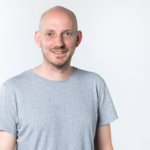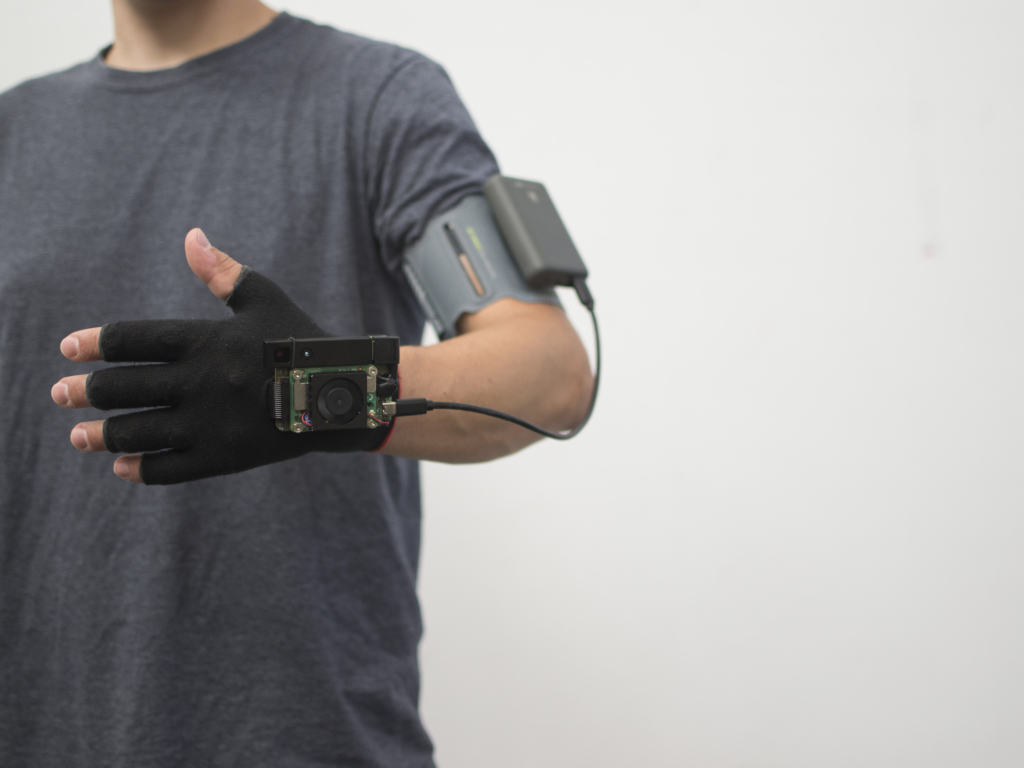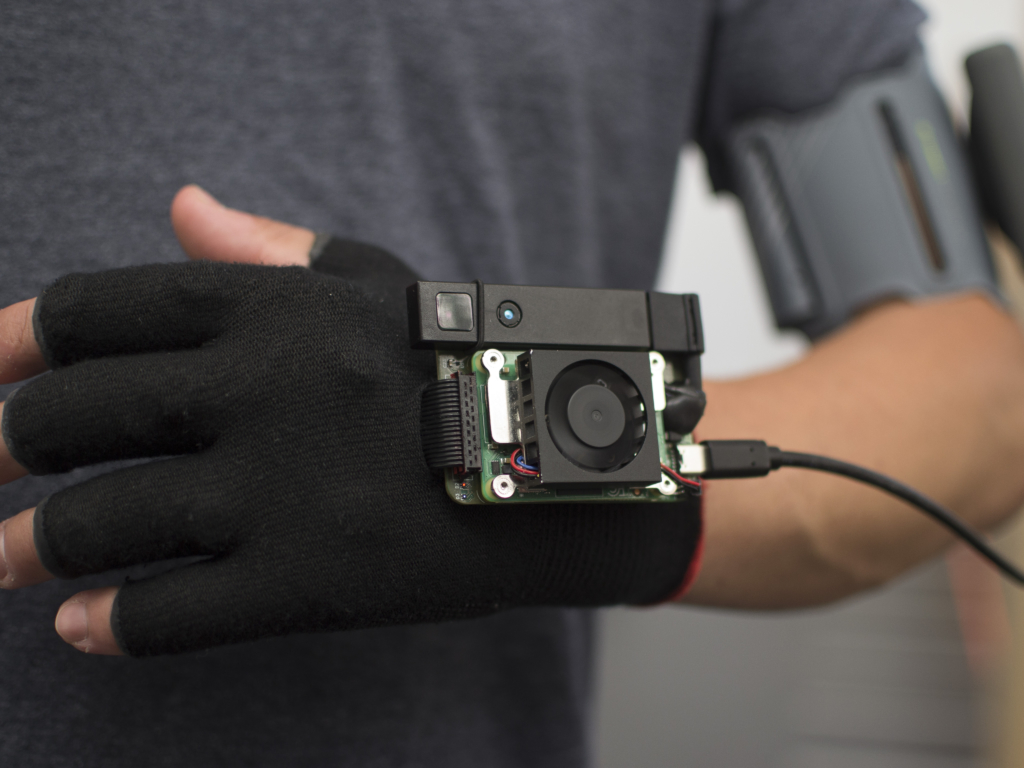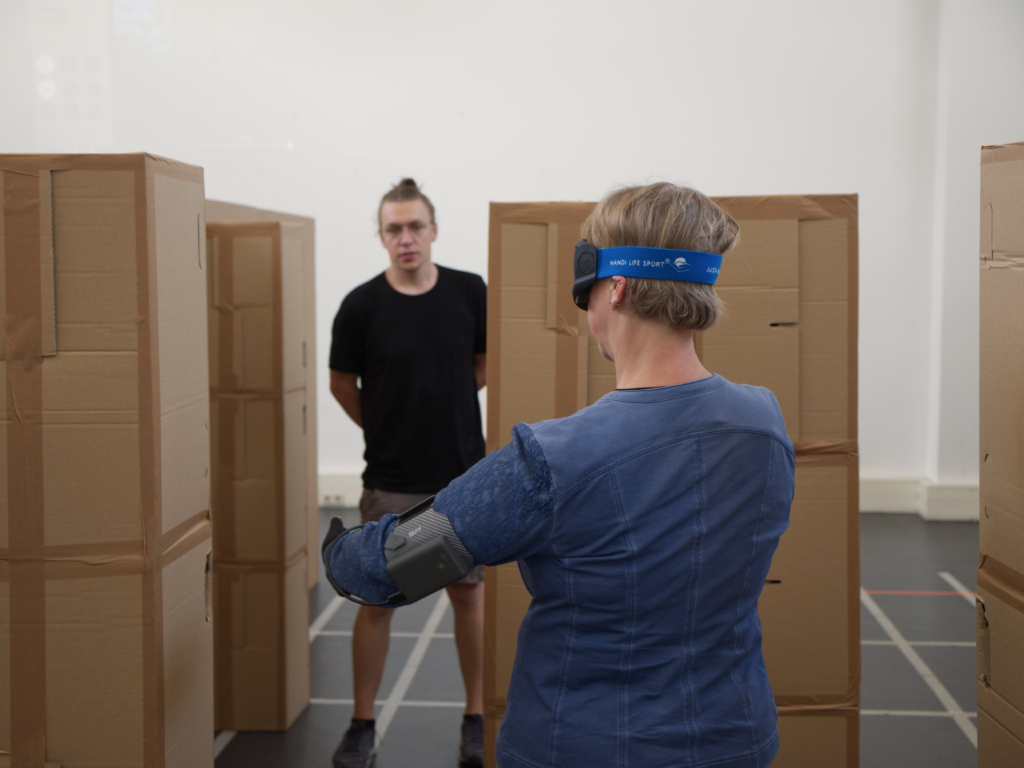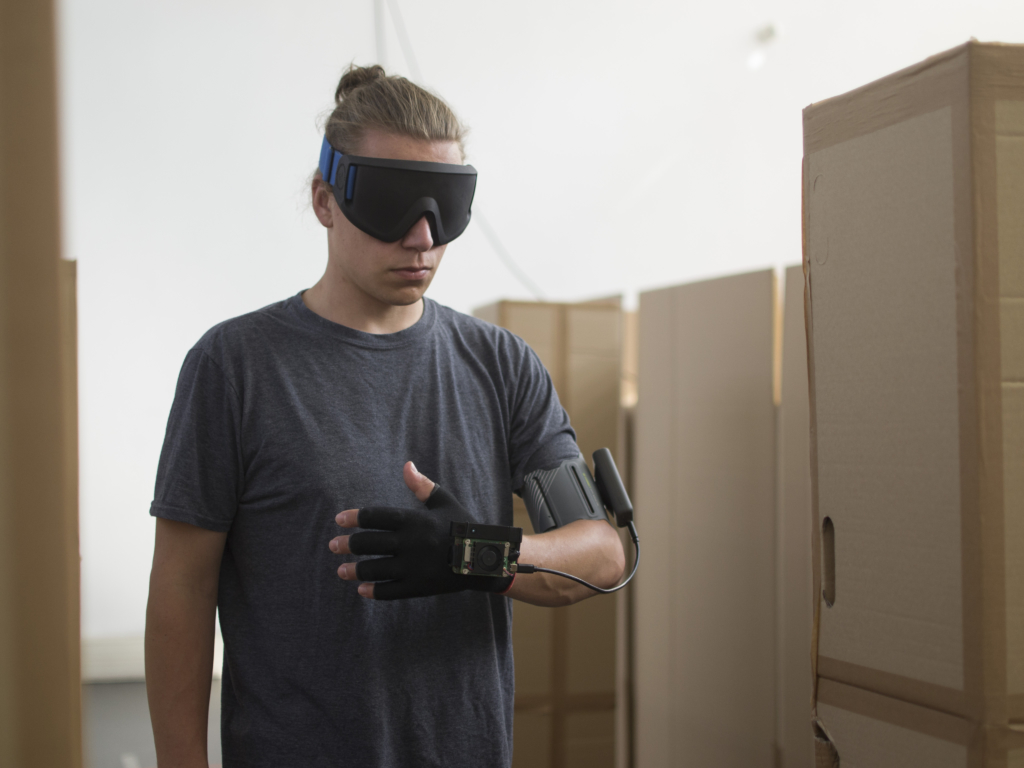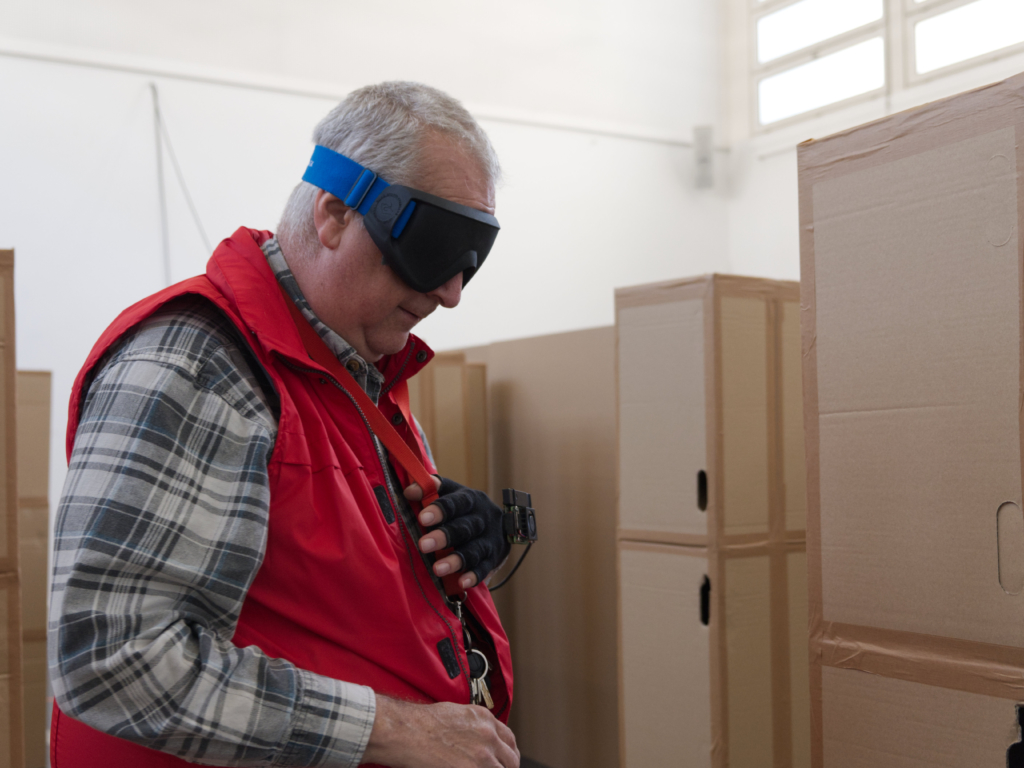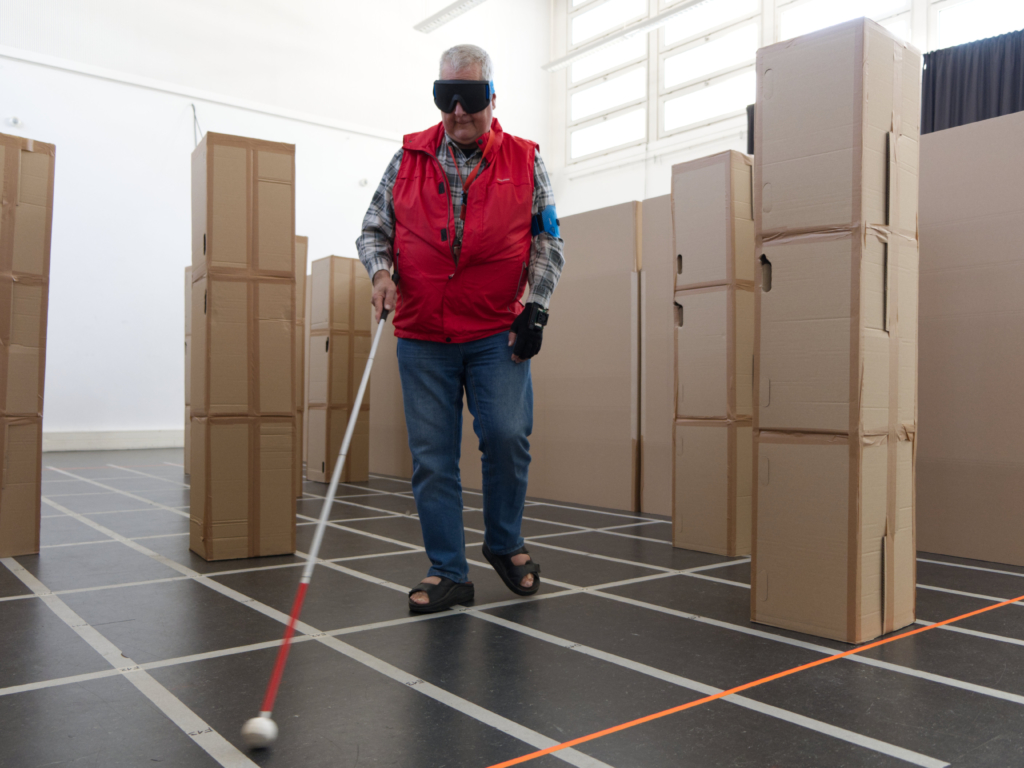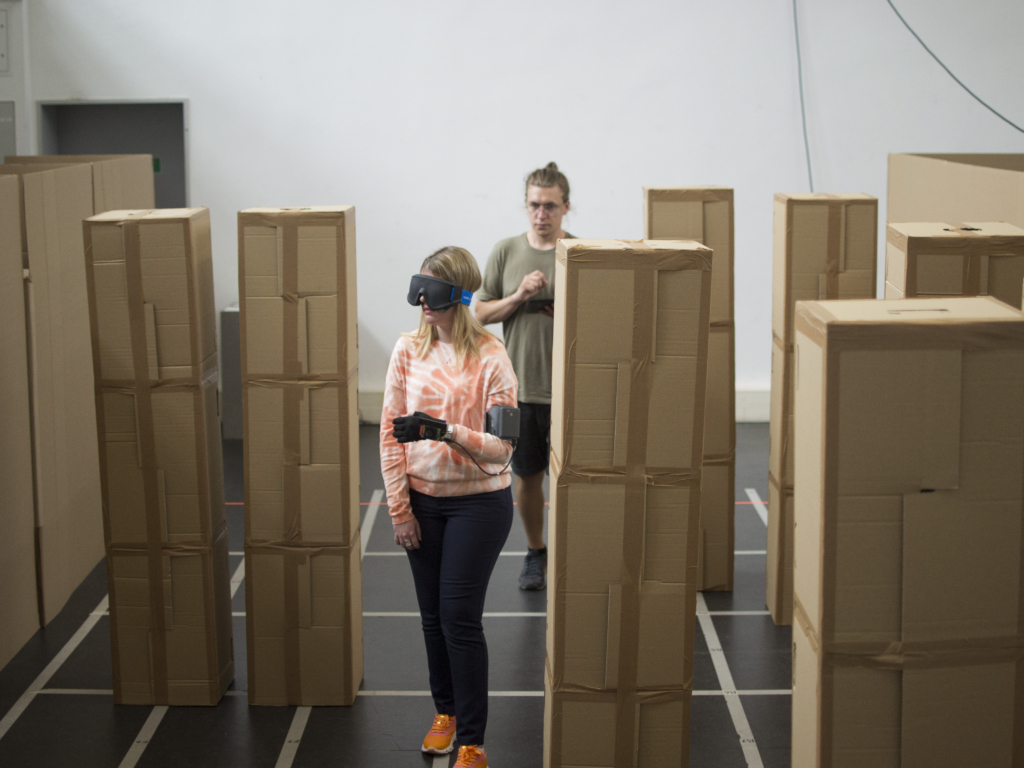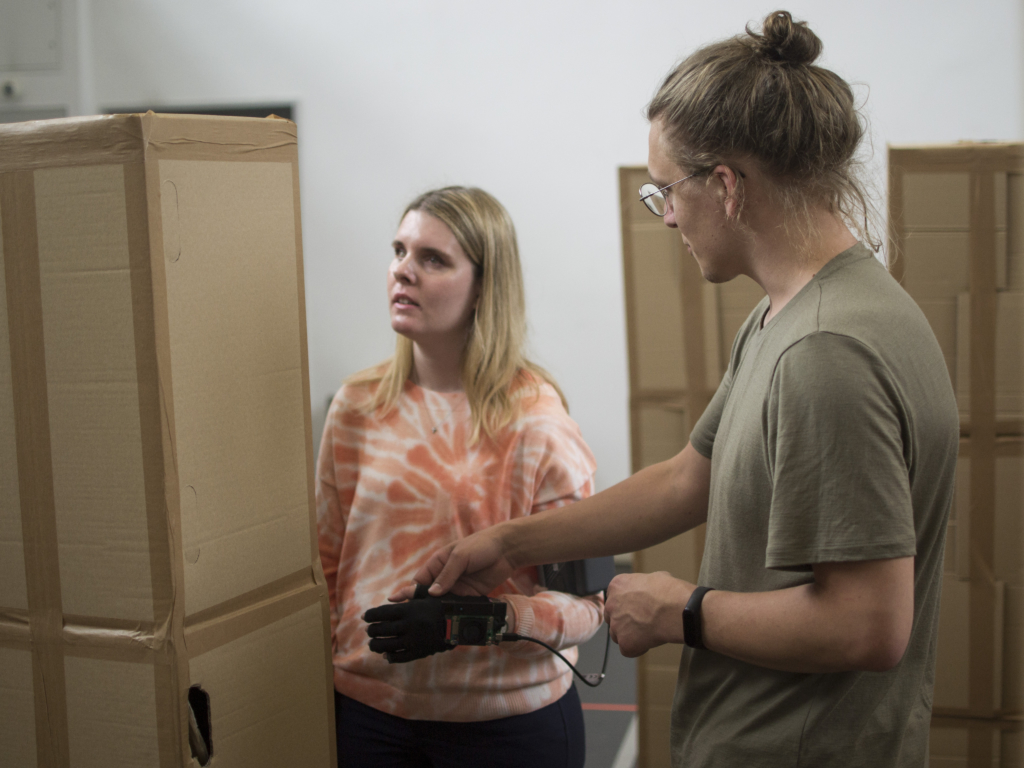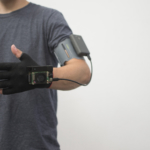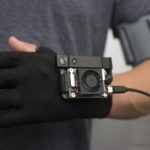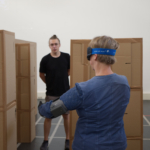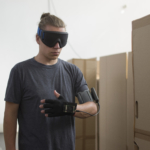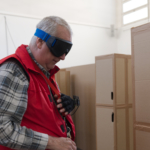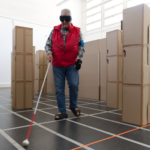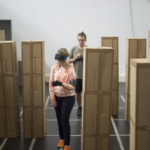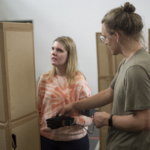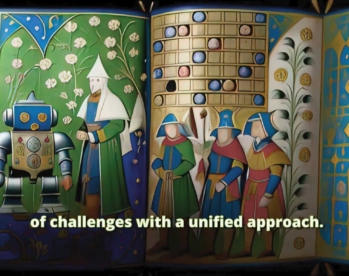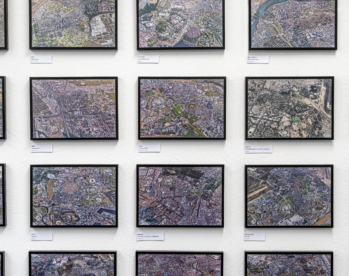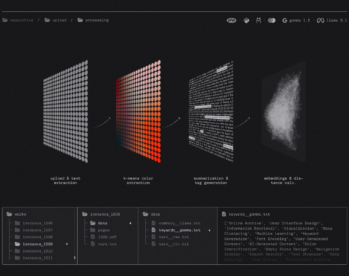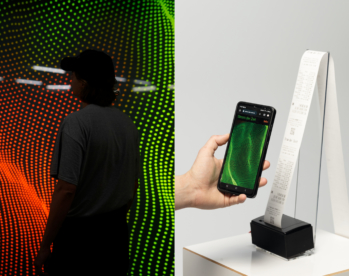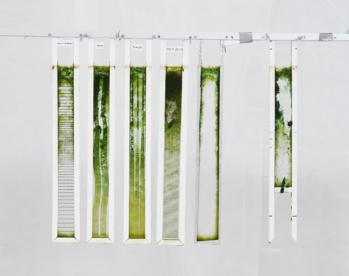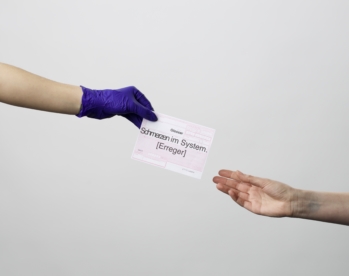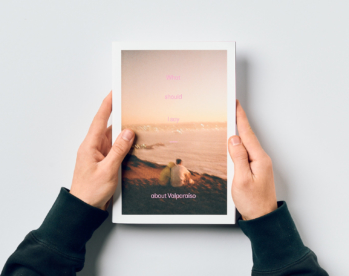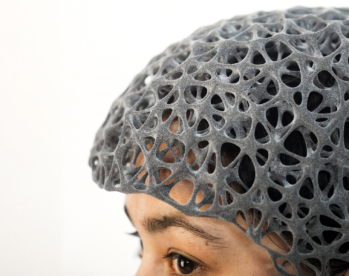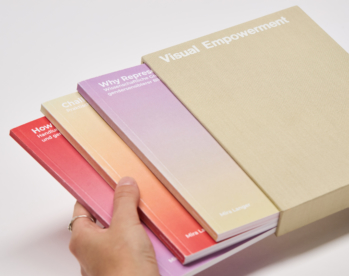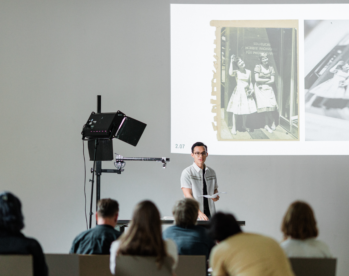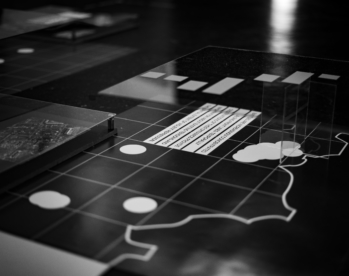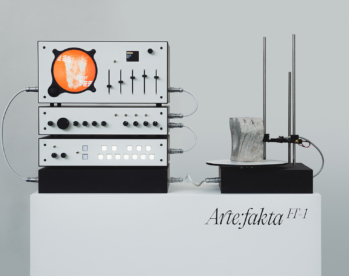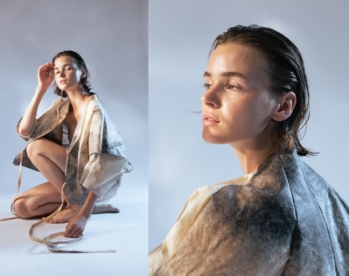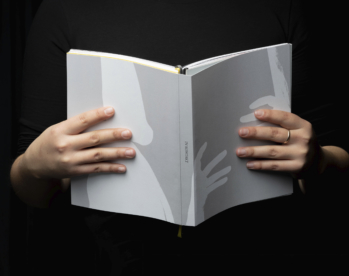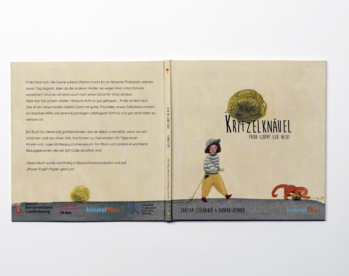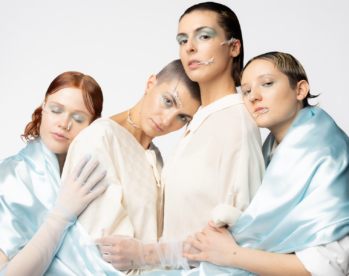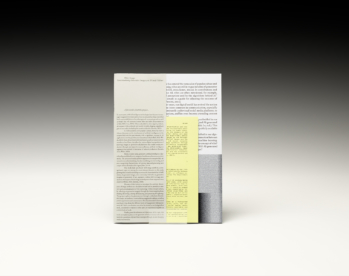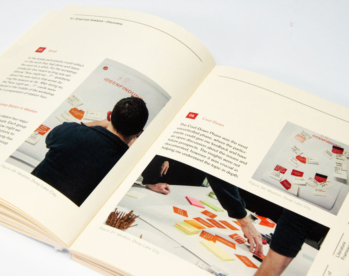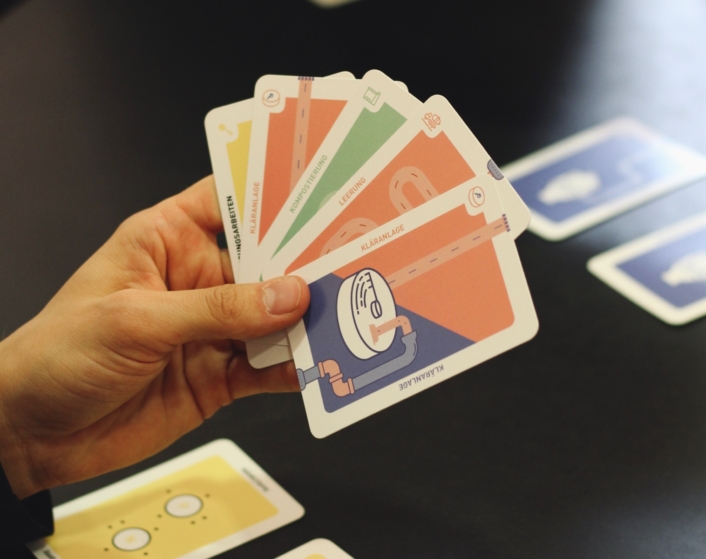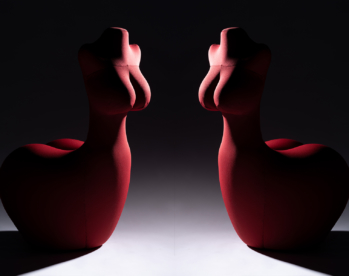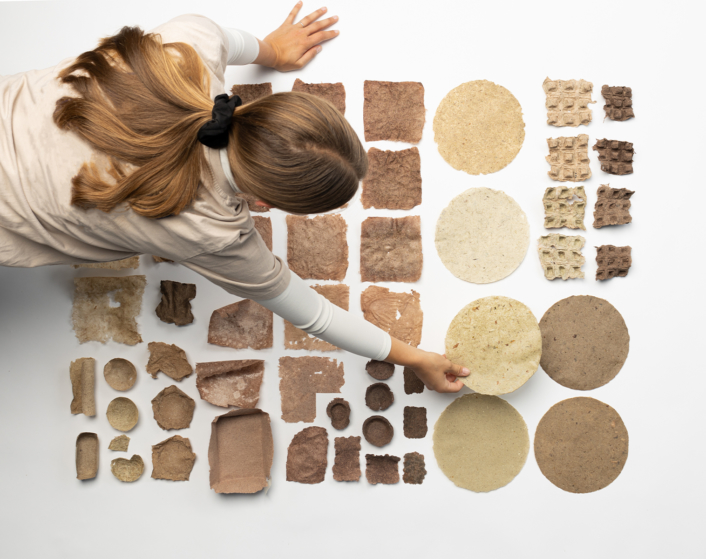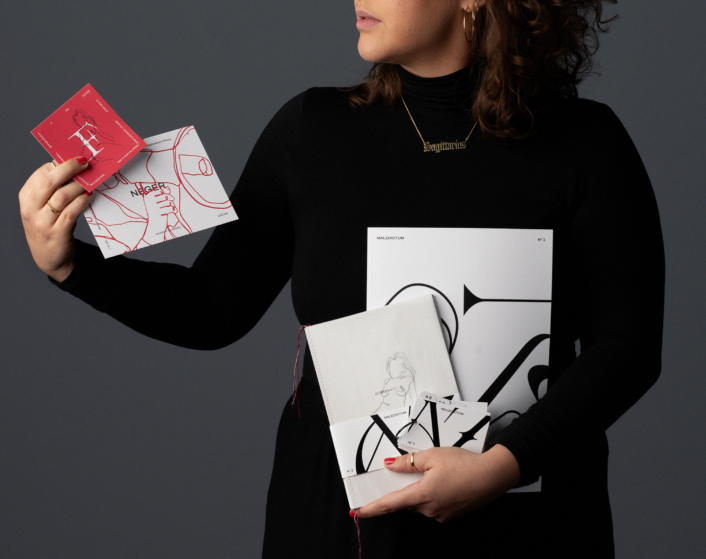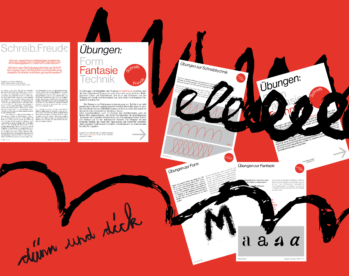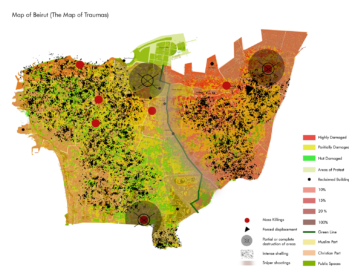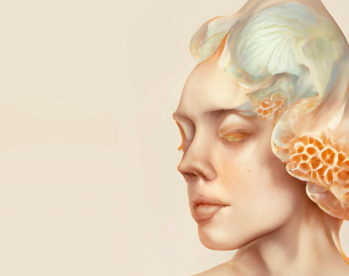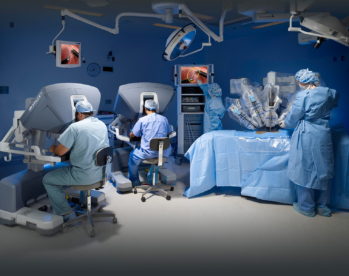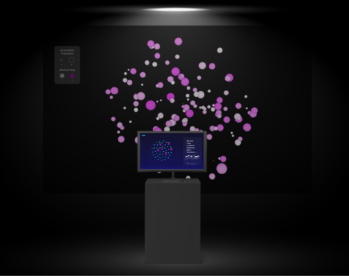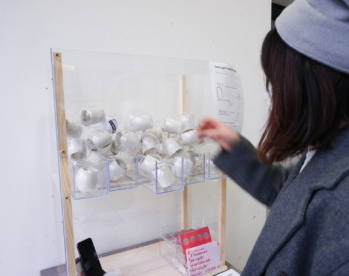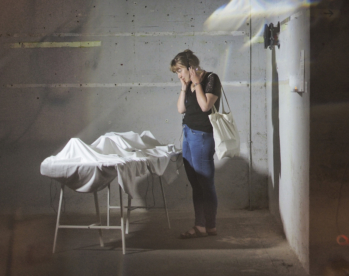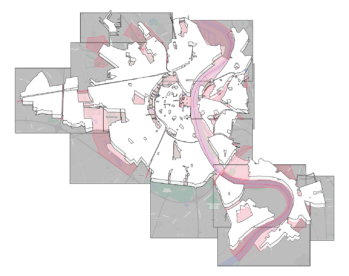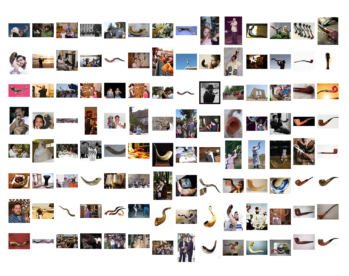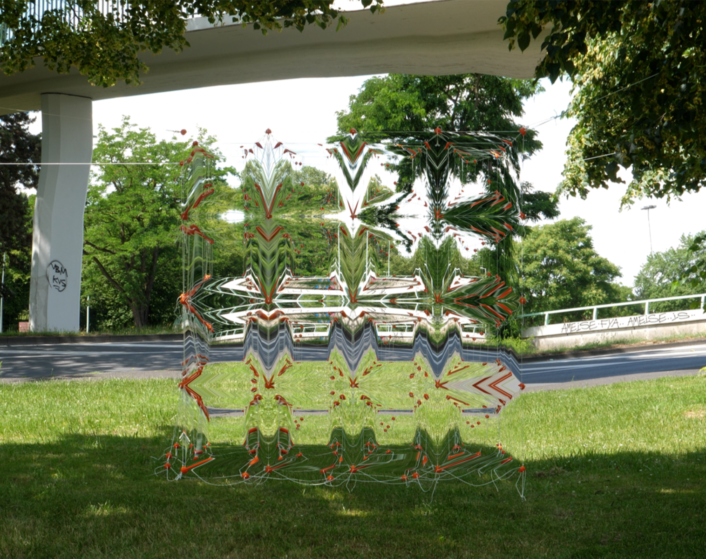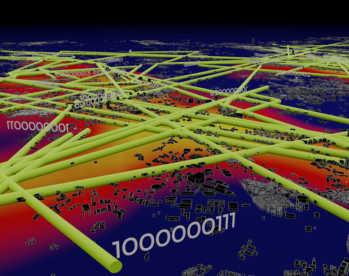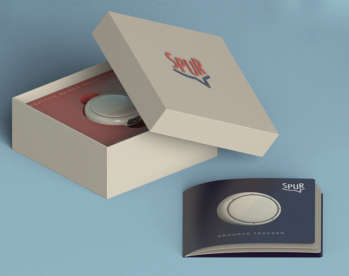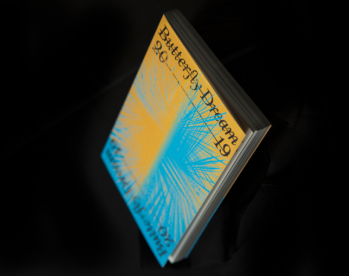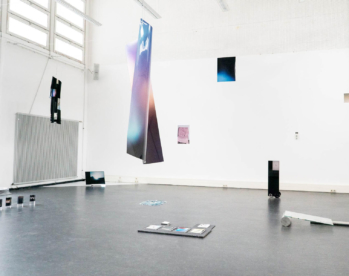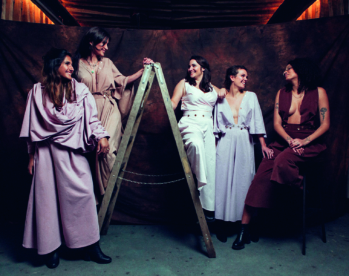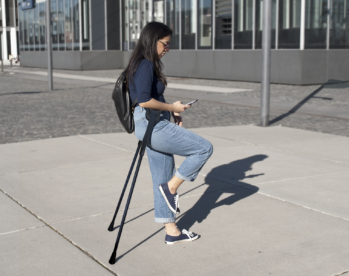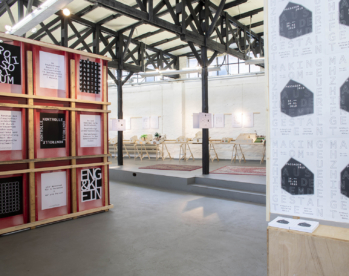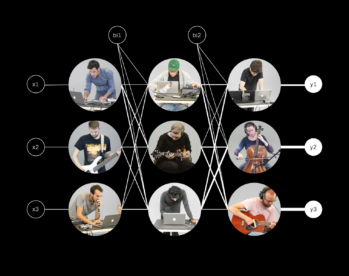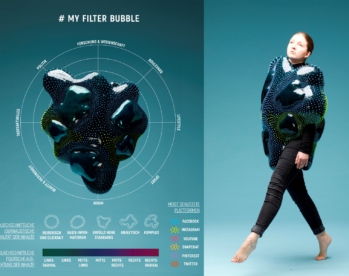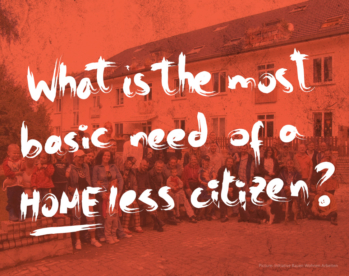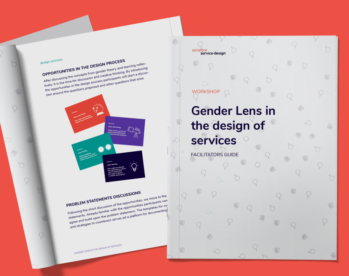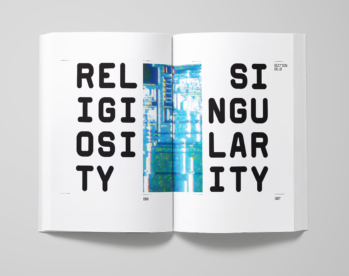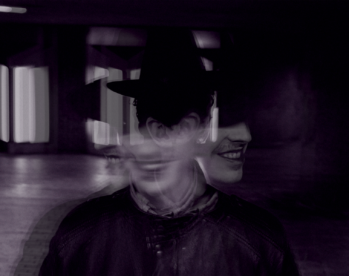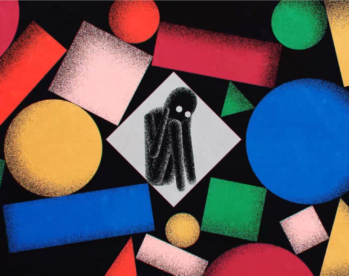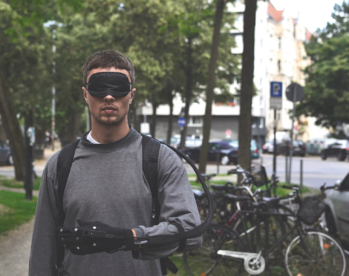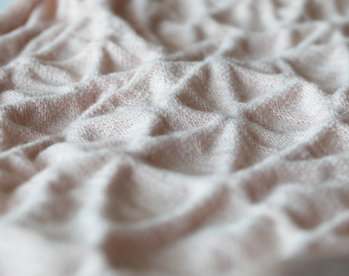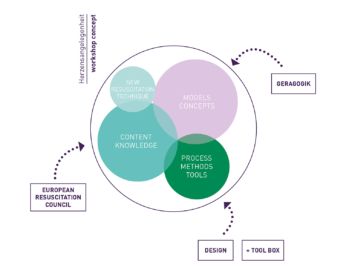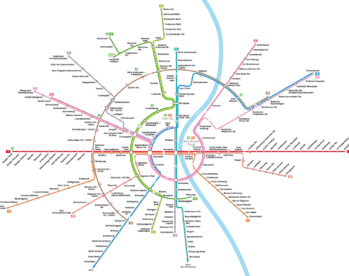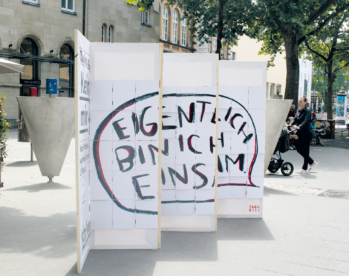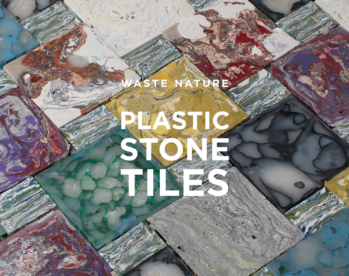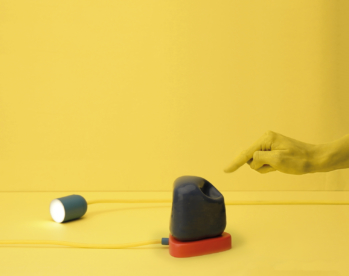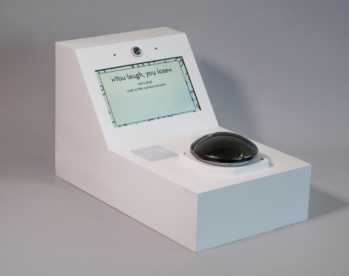The master's project "Unfolding Space" by KISD student Jakob Kilian is investigating a glove-shaped open-source visual prosthesis in cooperation with the ZEISS Vision Science Lab at Tübingen University Hospital. The project is based on Kilian's bachelor thesis, which received the Cologne Design Award and international prizes, and in which the first version of this prosthesis had been designed and developed. A revised version is now being tested in a study with blind and sighted test subjects since the beginning of August. For the development and production of a resilient prototype for this purpose, the project also receives funding from the Kickstart@TH-Köln 2021 program.
The device developed by Kilian in 2018 is a special glove equipped with vibration actuators that projects the image of a 3D camera as a vibration pattern onto the back of the hand, allowing users to haptically explore the spatial nature of their environment. The glove makes use of the principle of “sensory substitution”: In simple terms, it states that the brain is able to take in (resp. substitute) sensory stimuli, which otherwise cannot be perceived due to impairments of the sensory periphery, by means of another sensory modality. The idea of using this method to help blind people navigate and recognize obstacles and thus make their everyday lives a little easier has a long tradition. But despite numerous research projects, there are still no widely used assistive devices that succeed in translating the concept into practice. This is where Killian’s bachelor thesis comes in: The glove should be less expensive than previous developments, should be easy to learn, should evoke a high degree of joy of use and, finally, should meet aesthetic demands. The work and the blueprints were also published as open access and open source / hardware in order to make the findings available to the public and to create an impulse for further research on the topic.
As part of his master’s thesis, Kilian is now conducting a study with 14 subjects in cooperation with the ZEISS Vision Science Lab of the University Hospital of Tübingen (Institute of Ophthalmic Research). The study will examine how quickly the new stimuli can be learned by the brain, how great the benefit of the information gained can be for blind people and how the users assess the usability of the device. In addition, aspects are worked out which are particularly important for future development of the glove or similar devices. The construction of the prototypes, which were designed to withstand intensive use over a period of several weeks, is also being supported by the Kickstart@TH-Köln 2021 program, an initiative of the TH Köln funded by the BMBF. If the findings of the study turn out to be promising, it is intended to publish them in a scientific journal.
Update, spring 2022
This article was written before the thesis was finished in order to point out the cooperation that was ongoing at that time. Eventually, in January 2022, the thesis was successfully submitted and examined. The targeted publication in the form of a peer-reviewed paper was also achieved, the link can be found below.
Participants:
- Jakob Kilian (Master Student & Investigator)
- Kjell Wistoff (Bachelor Student & Assistant)
